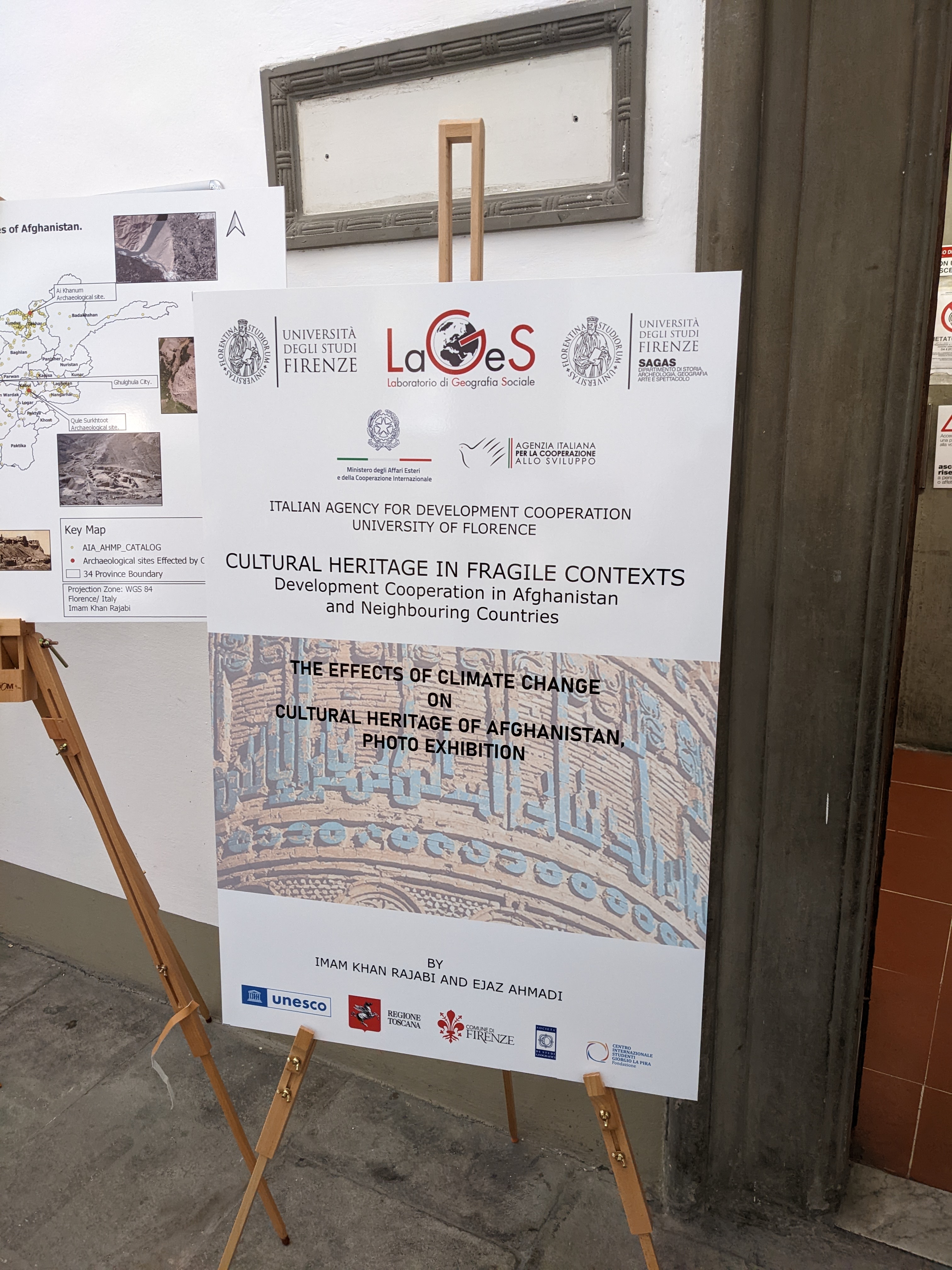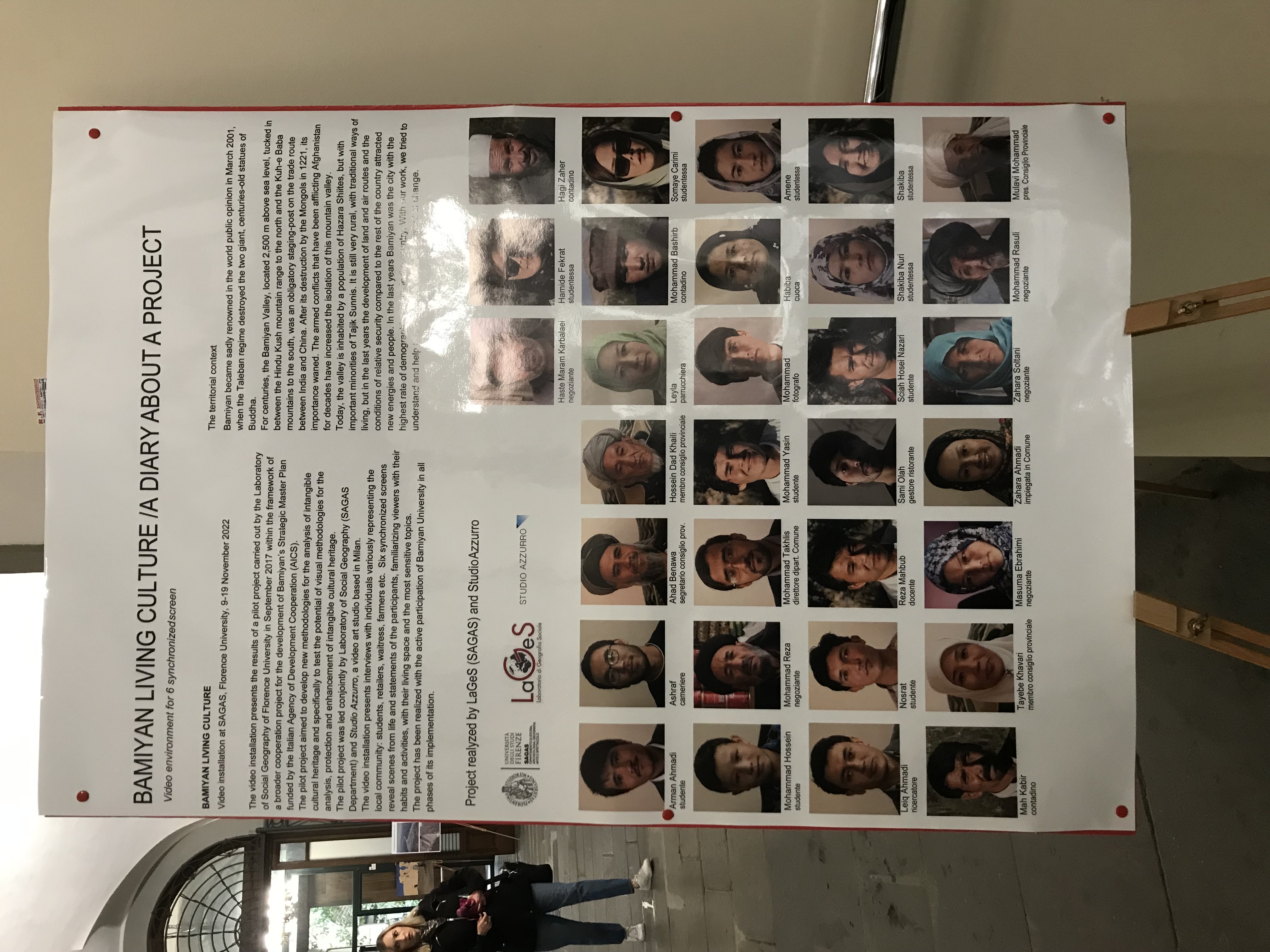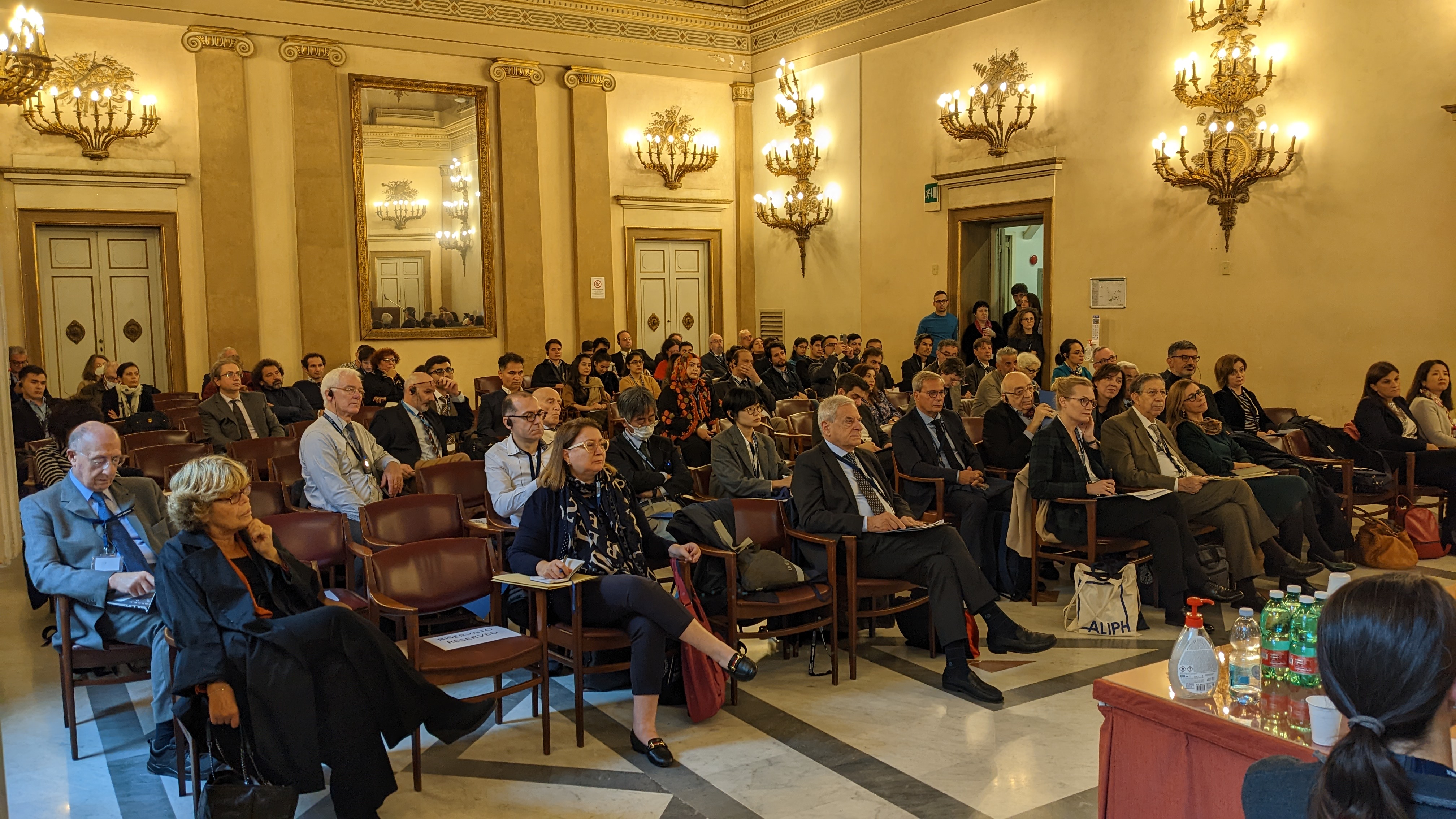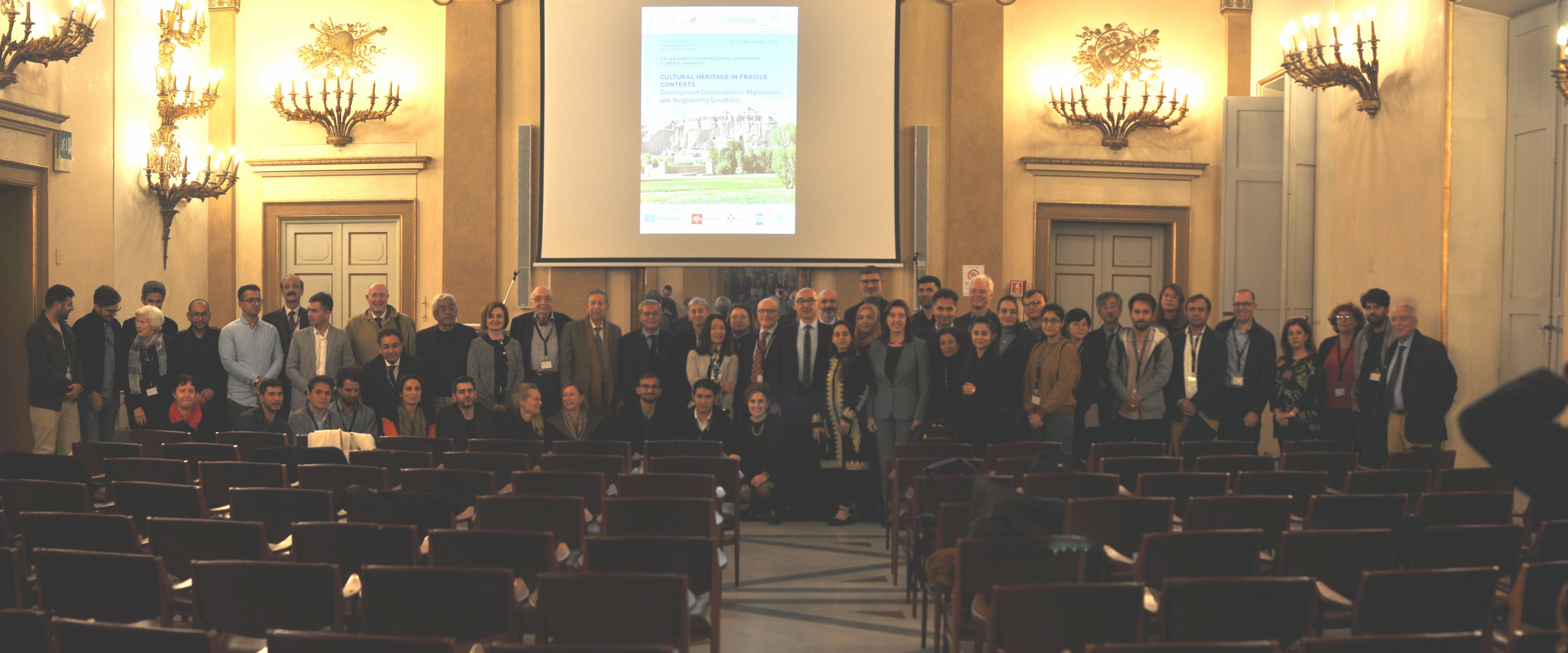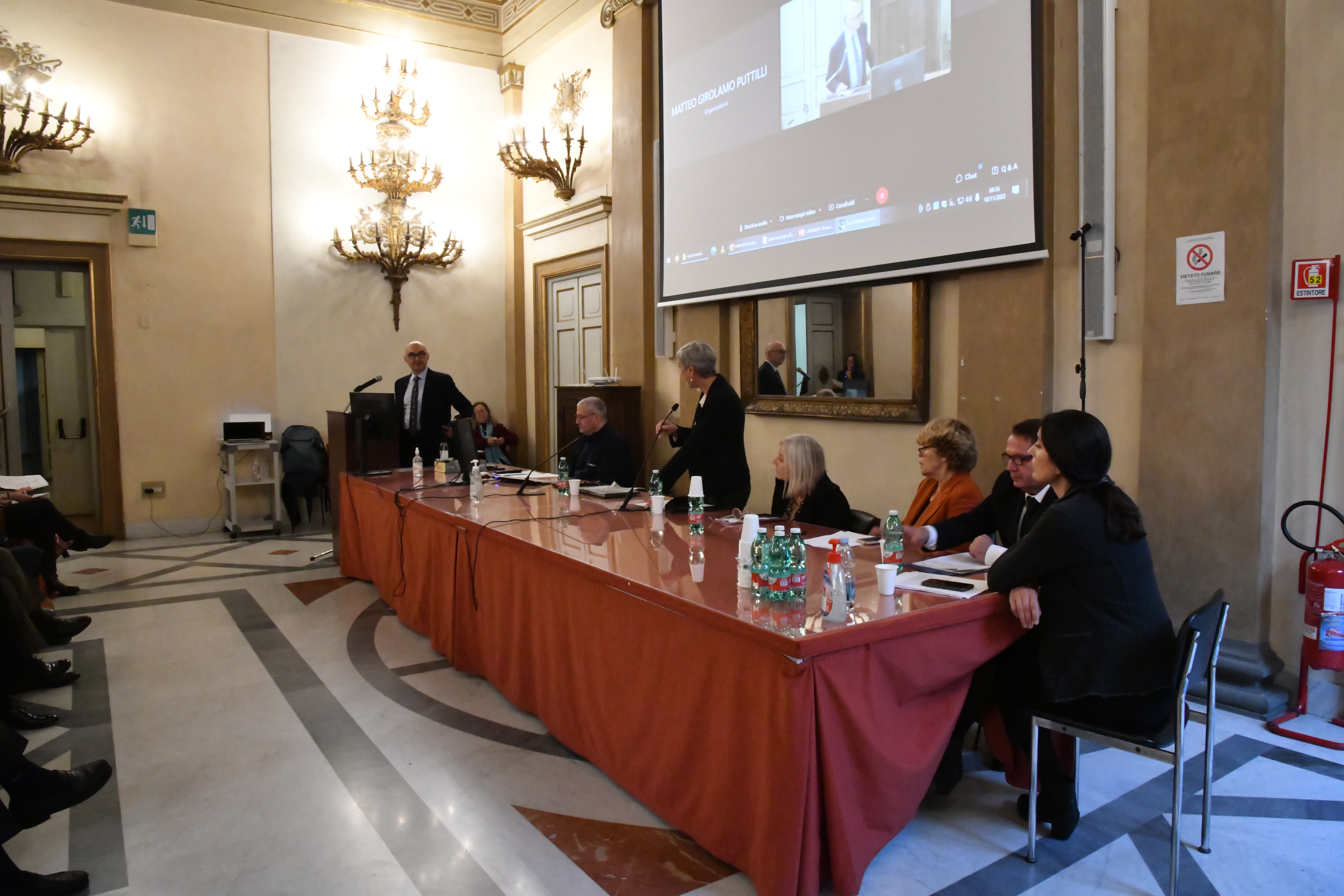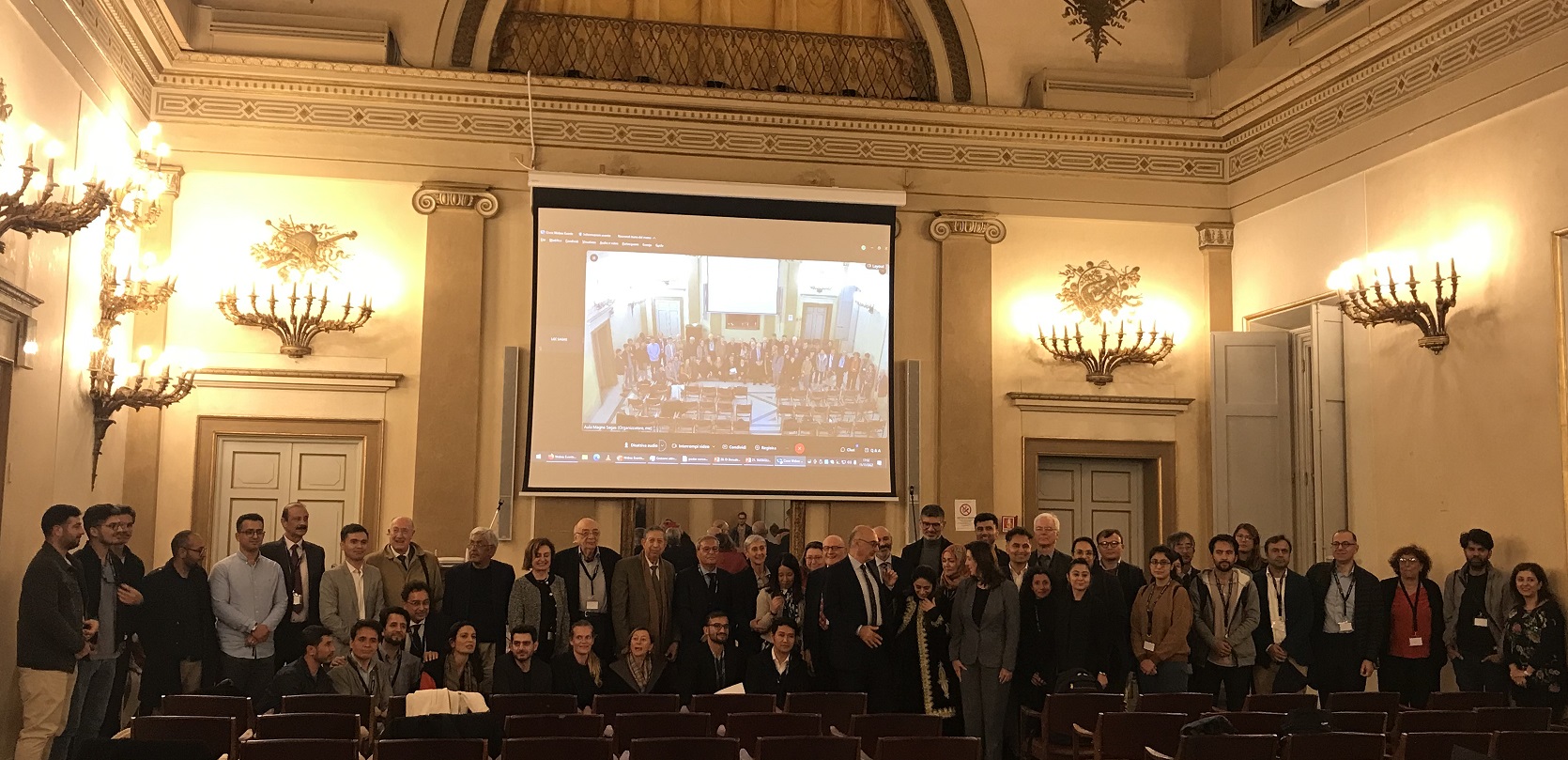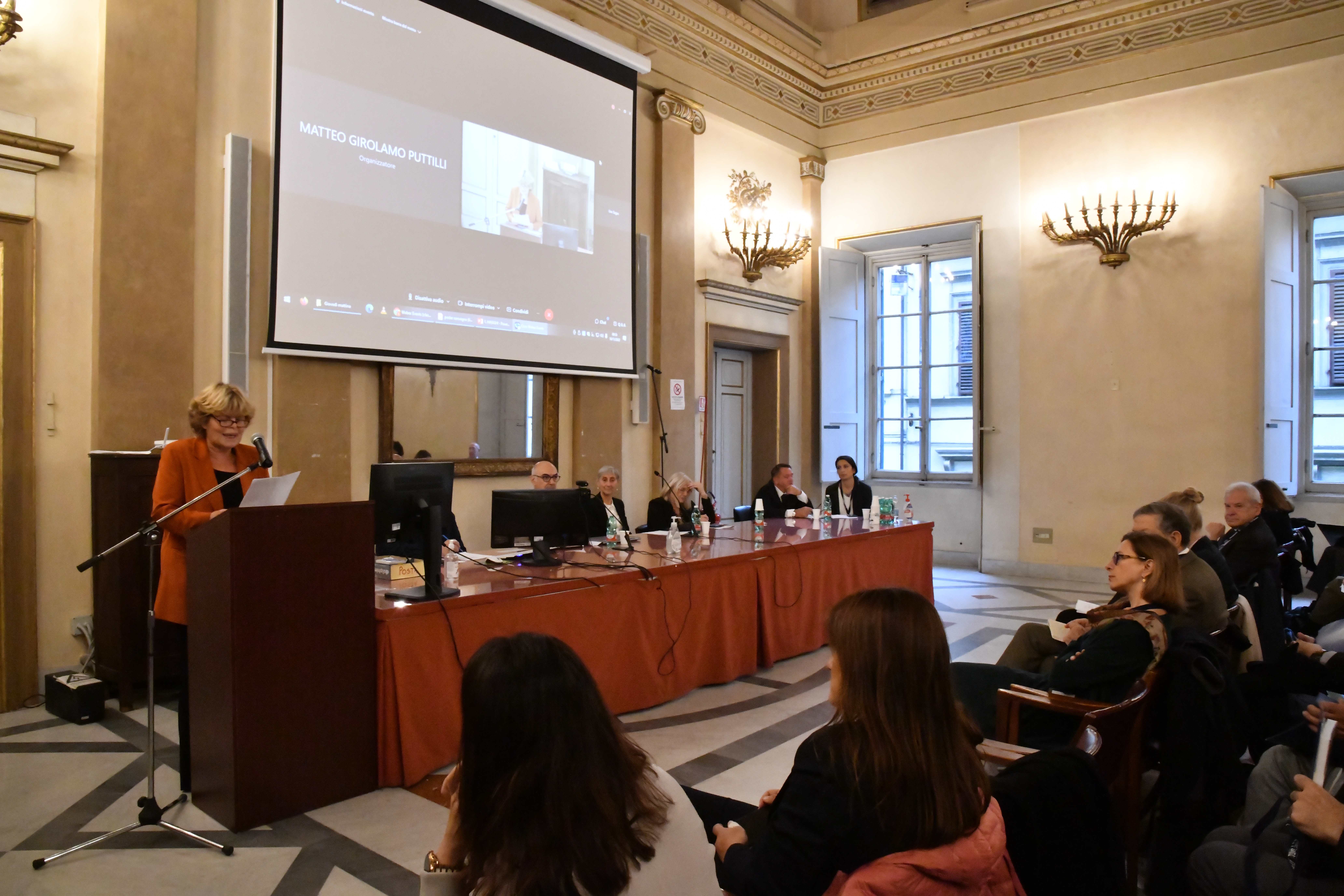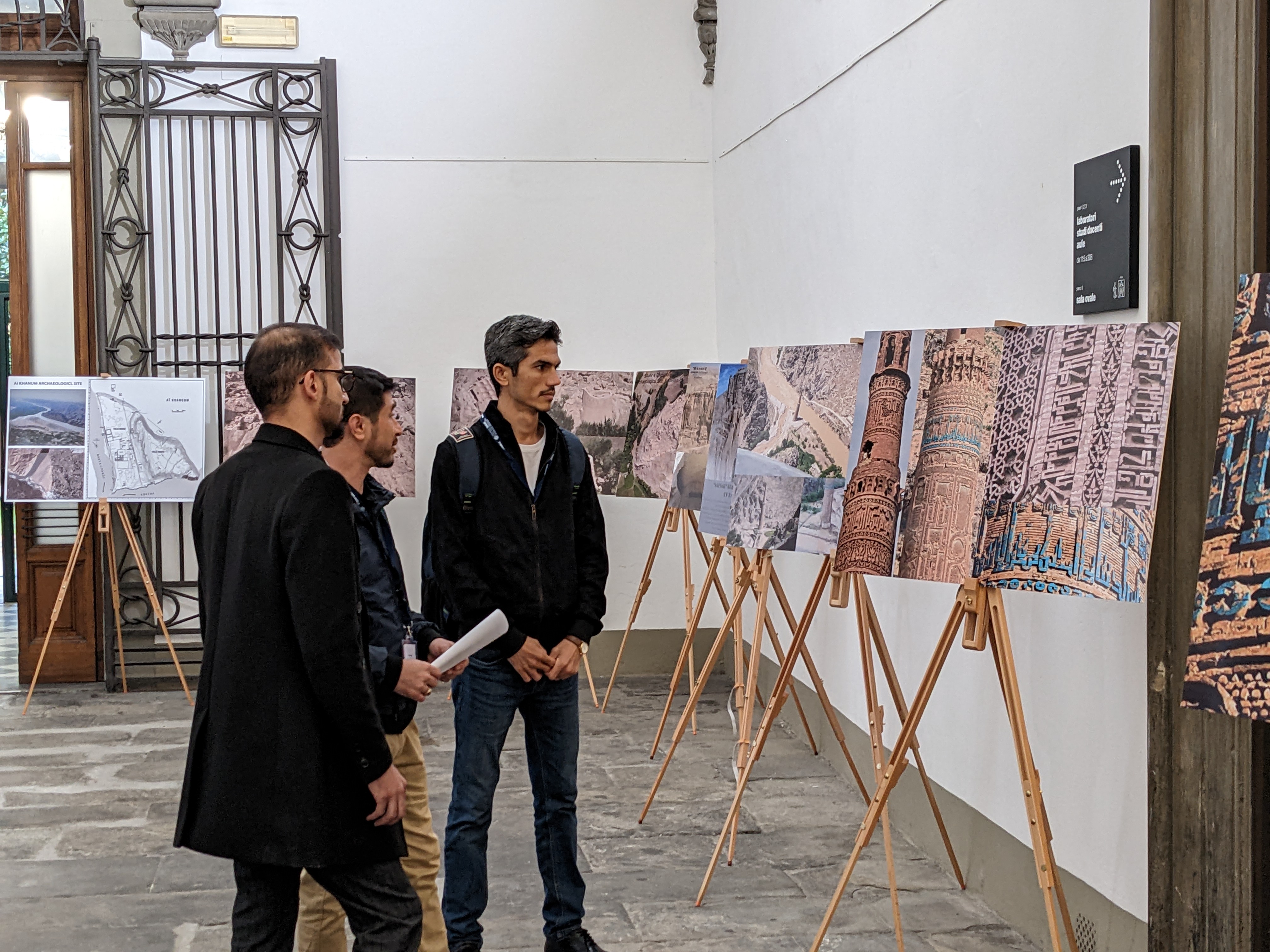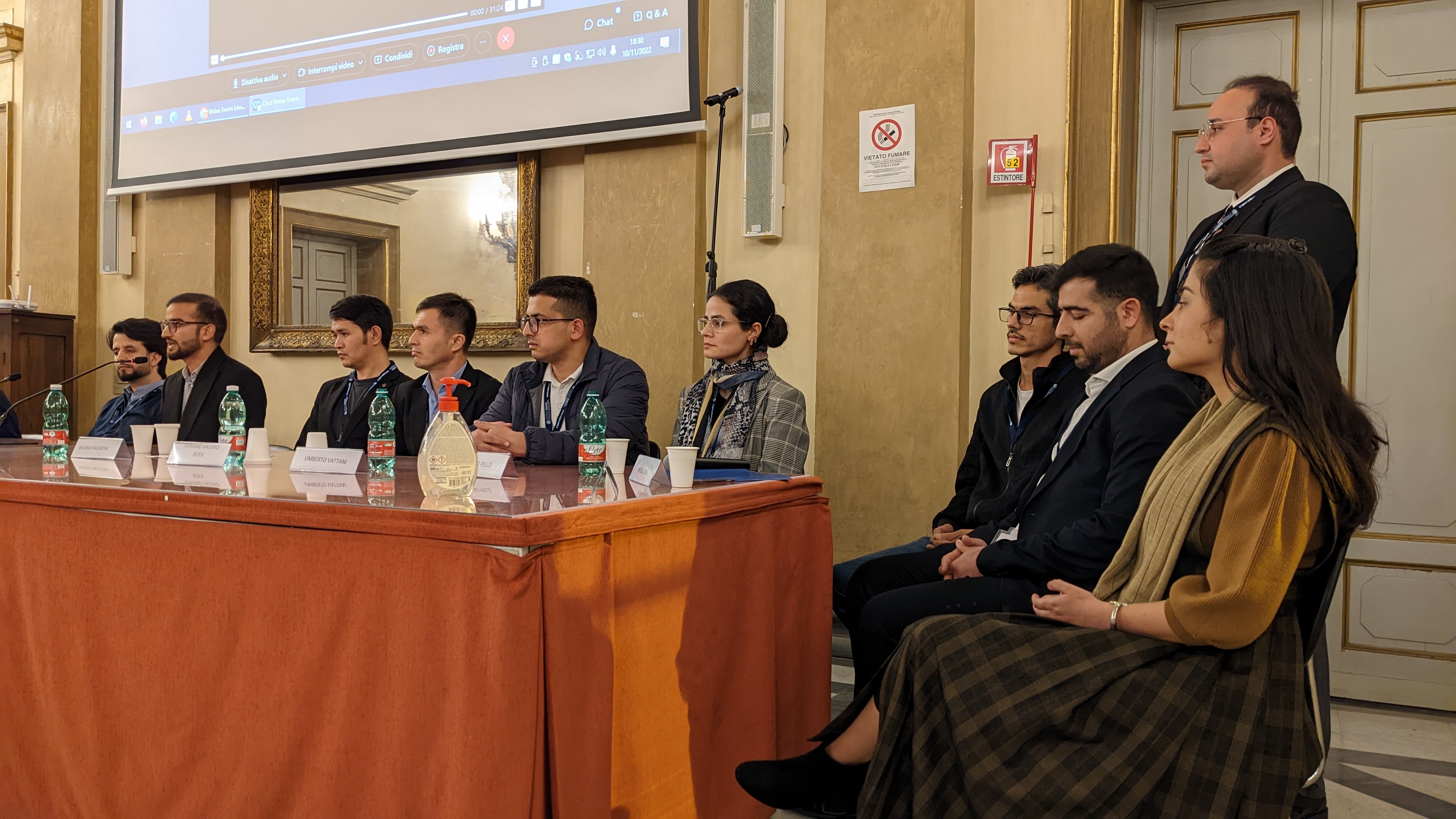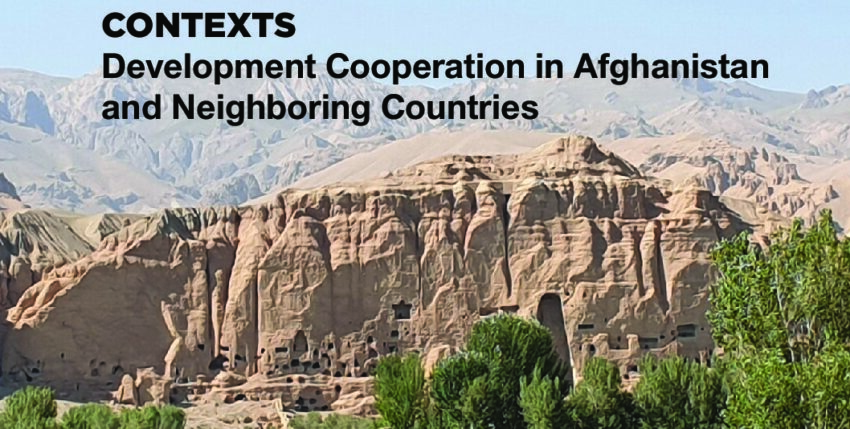
On Thursday 10 and Friday 11 November, at the Aula Magna of Palazzo Fenzi (via San Gallo 10), a two-day event on Cultural Heritage in fragile contexts will take place. Development cooperation in Afghanistan and neighboring countries, organized by the Social Geography Laboratory and the Italian Agency for Development Cooperation, with the patronage of UNESCO.
The Conference aims at debating development cooperation approaches to the protection and safeguarding of cultural heritage in fragile contexts, with a geographical focus on the Middle East and the Indian Subcontinent.
An in-depth exploration will be devoted to the case study of the World Heritage Site of Bamiyan, Afghanistan, in the aftermath of the fall of the Afghan government in August 2021.
Day I opening session is dedicated to a review and comparison between methodologies and operational approaches to cultural protection actions implemented by the Italian Agency for Development Cooperation and selected international non-profit organizations active in the field of heritage in the Middle East and the Indian Subcontinent.
Contributions will offer evidence of key relationships between the protection of cultural heritage and the generation of sustainable development, with a focus on how cultural protection actions contribute to mitigating social and economic fragilities affecting the contexts of intervention.
During the closing session of day I, a round table will bring into dialogue Italian universities, research centres active in the field of cooperation and cooperation actors, to discuss the role of cultural heritage as a driving wheel for socio-economic and territorial development.
Day 2 focuses on the case of the World Heritage Site of Bamiyan. The morning sessions offer a review of the main actions of cultural heritage protection realized in the area, with the aim of discussing achievements until the Taliban takeover and of highlighting the most critical issues and the sectors mostly in need of further intervention.
The afternoon sessions expand on the relationships between the protection of cultural heritage and the policies to manage the exponential urban and demographic growth, a key topic in the Afghan cities. The contributions presented in these sessions pay particular attention to align conservation interventions and social dimension. The contributions presented in these sessions are based on data collected during field research that took place immediately before the Taliban takeover (April-June 2021). The conference foresees a final session aimed at discussing the main outcomes and future perspectives.
Following events are offered during the conference:
– Cultural Heritage and Climate Change, Exhibition organized by Imam Rajabi and Ejaz Ahmadi (Florence University)
– Bamiyan Living Culture, Video Installation organized by LaGeS and Studio Azzurro (Milan)
Pictures from the event:



